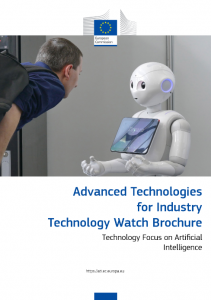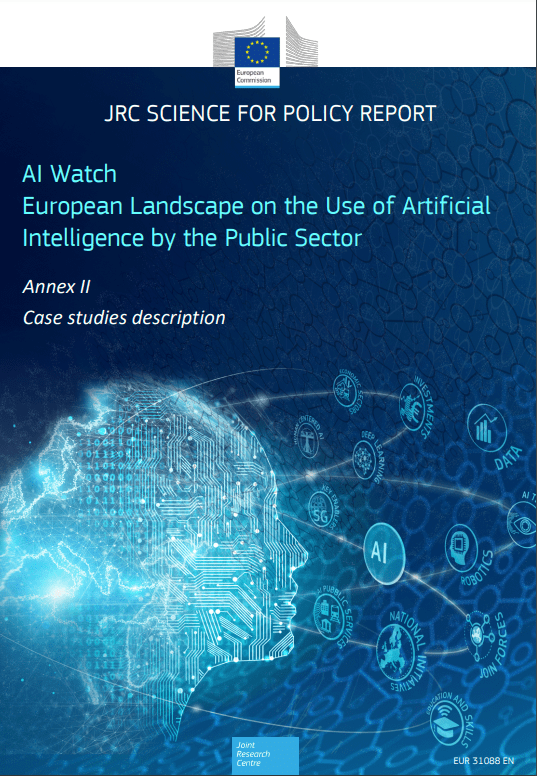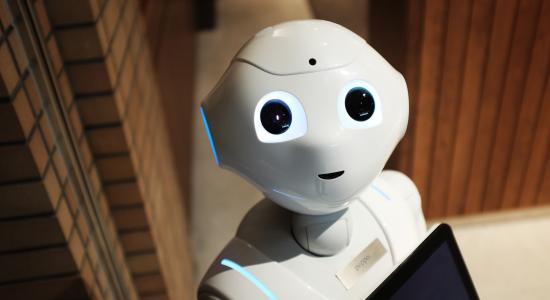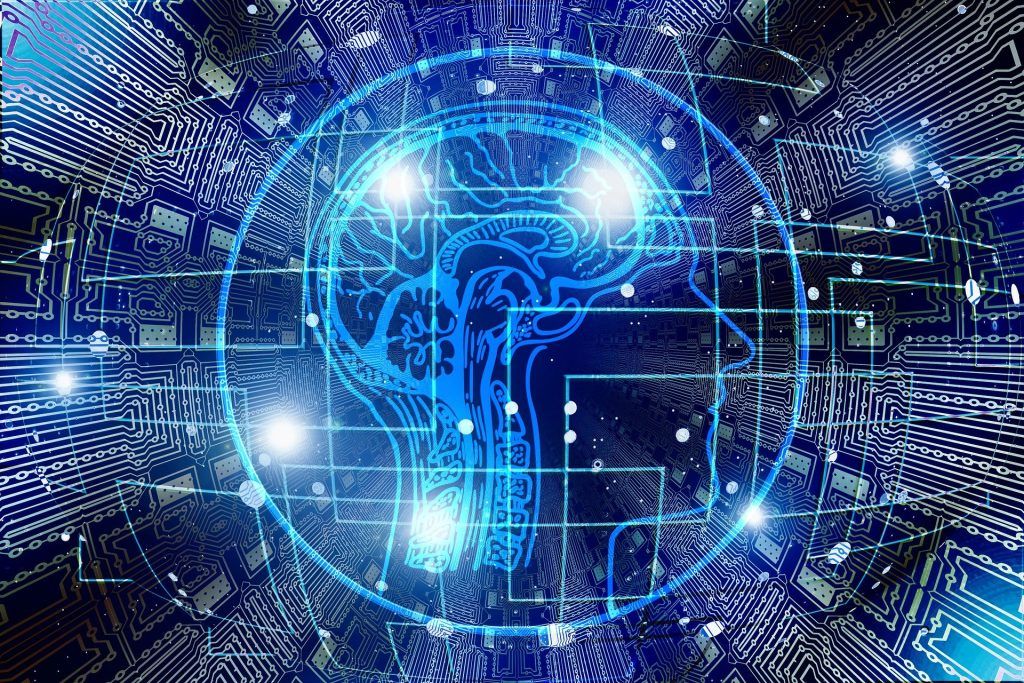The EU is preparing to invest €180 million in breakthrough digital technologies, following the latest in a series of calls of the Horizon Europe Programme that boost collaborative research and development across the Union.
Artificial Intelligence, robotics, and new materials are among the key technologies for Europe’s transition to a digital, sustainable and inclusive future. 28 projects were selected in total in March 2023 following a peer review evaluation process.
They aim to bring cutting-edge technologies to where they can make a real difference. A balanced mix of project participants from academia and research organisations with industry players, including strong representation from SMEs, will accelerate the further development, take-up and use of the expected project results. The Commission still needs to conduct administrative verifications before signing grant agreements with the retained project participants. The selected projects are planned to commence in July 2023.

Advanced technologies for industry technology watch brochure. Technology focus on artificial intelligence
|
Artificial Intelligence and Robotics in industry
Six selected projects, with a total budget of €20 million, will boost the roll out of the most advanced European Artificial Intelligence (AI) and robotics in industry. Coming from over 15 countries, over half of the selected participants are from industry (half of which again are SMEs), joined by academia and research organisations.
The selected projects aim to provide industry with more autonomous, easy to operate, and trustworthy AI and robotics technologies. In addition to advancing industrial leadership, the research projects make significant progress towards AI transparency, accountability, safety and security, in line with the human-centric approach of the EU.
Basic Research in Artificial Intelligence
Six projects for a budget of more than €50 million will cover more basic research in AI.
Participating teams come from over 20 European countries. They mainly come from academia and research organisations, with a quarter of them coming from industry. They will join efforts to build networks of the best AI research teams in Europe, focusing on foundational research.
These projects will develop emerging and novel techniques to significantly improve the performance of AI-based systems in terms of accuracy, robustness across multiple contexts, capacity of being verified by humans, etc.

AI Watch
|
Robotics
In Robotics, eight selected projects (with a budget of more than €60 million in total) will include participants coming from over 10 countries and working in academia and research organisations, with over a third of them coming from industry (half of which are SMEs).
The projects aim at developing technologies that significantly extend the physical capability of robots and improve their energy performance. The projects will also explore innovative robotics concepts (e.g. soft robots – robots that are physically flexible and can adapt to their environment).
Furthermore, the projects will integrate novel robotics technologies to improve robots’ autonomy so as to facilitate their capabilities in replacing humans and take up dangerous, dull, and dirty jobs, or achieving tasks beyond human capabilities. The projects will also work on improving the ability of robots to collaborate smoothly and have more natural interactions with humans and other robots.

Inteligencia Artificial: amenazas y oportunidades
|
Graphene and other Two-Dimensional materials
In the area of Graphene and other 2-dimensional (2D) materials, eight projects with a total budget of more than €40 million will accelerate technology developments and support the emergence of strong European supply chains in four areas: energy storage, biomedical applications, 2D material-based composites, coatings, and foams, and electronic and photonic 2D materials-based devices, sensors and systems.
Originating in over 15 countries, over a third of participants come from industry, with another third from research organisations, and the remainder coming from higher or secondary education establishments.
The selected projects will exploit the unique properties of 2D materials for developing new devices and systems for energy storage that can outperform current technologies and for biomedical applications that can improve efficacy of diagnostics and therapies, as well as new composites, coatings and foams that can contribute to address environmental challenges.
Looking further ahead in the future, some of the selected projects will work on developing the next generation of advanced electronic and photonic 2D materials-based devices, sensors and systems with improved performance and reduced energy consumption.
More information: European Commission







Leave a Reply